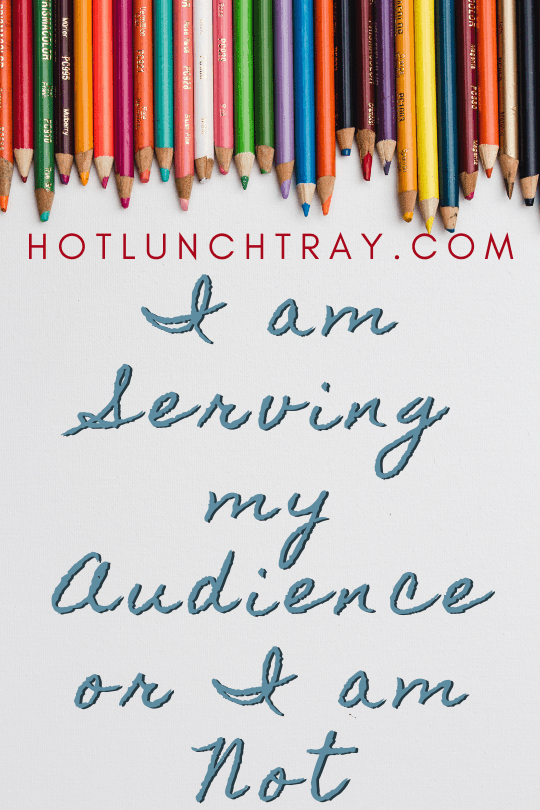The days of compulsory attendance of professional learning have ended.
Well, maybe not completely yet, but we should act as if they have.
Compulsory Attendance of Training has Ended
Especially in the educational technology arena, where changes are constant, new practices should follow new advances. Does someone believe that teachers wait for face-to-face training to learn new software or app when we have access to YouTube?
In-person training is not useless, but it is needed less often, not as regular. Certain types of learners, particular programs, targeted training as a part of larger professional learning {Read: Differentiation in Training} still need just-in-time learning. However, those instances are more specific and less the default.
What are Teachers asking for when they ask for training?

Time. Teachers are overburdened in the area of time. Ask any language arts teacher if there is enough time to give the feedback they want to give to their students; spoiler alert: there is not. How can we invite teachers to make training about time on a new task, dedicated to their ability to use the time in the best manner to internalize new content, ideas, or apps?
Expertise. Yes, teachers can tell you how to apply something in their classrooms, but they are also interested in hearing how others do so. And while it can be tedious, they remain interested in concise features/benefit analysis. A well-presented version of how Teacher A uses this in her classroom is still relevant, but only if it is followed by the chance for conversation among teachers.
Permission. Not to just do anything, but to strategically try things in the classroom. Cover from an Administrator if parents are overly concerned, access to the resources needed and the time it takes to get results after implementation before it is given up as ineffective.
Community. Teachers need to talk through implementations, ideas, and the unexpected items which come up with trying new things. Are teachers given that or it there only enough time to keep doing the same thing? Intentional communities of inquiry around new tools and practices can amplify the return on the investment of training or professional learning.
Are we Willing to Provide what Teachers Want?
I either serve my audience or I do not.
If we identify what teachers want out of or instead of particular training do we have the courage to provide it?







2019-12-09 at 10:46 pm
This is such an interesting topic to talk about. Thanks for sharing 🙂
2019-12-22 at 10:30 pm
I’ve enjoyed reading this. Thanks!
Kyra Rodriguez recently posted…31 Career Hacks by Jeff Manhilot